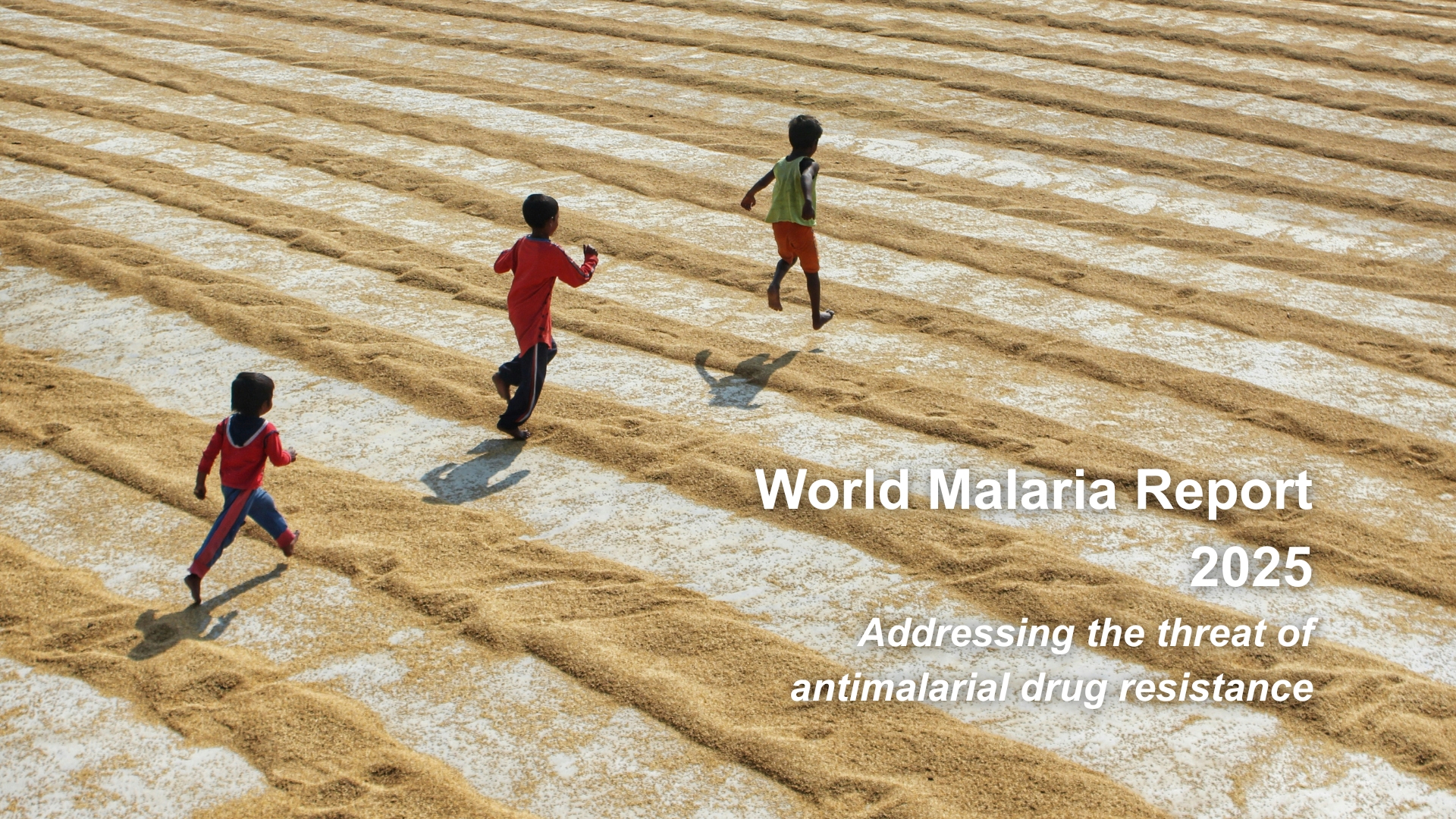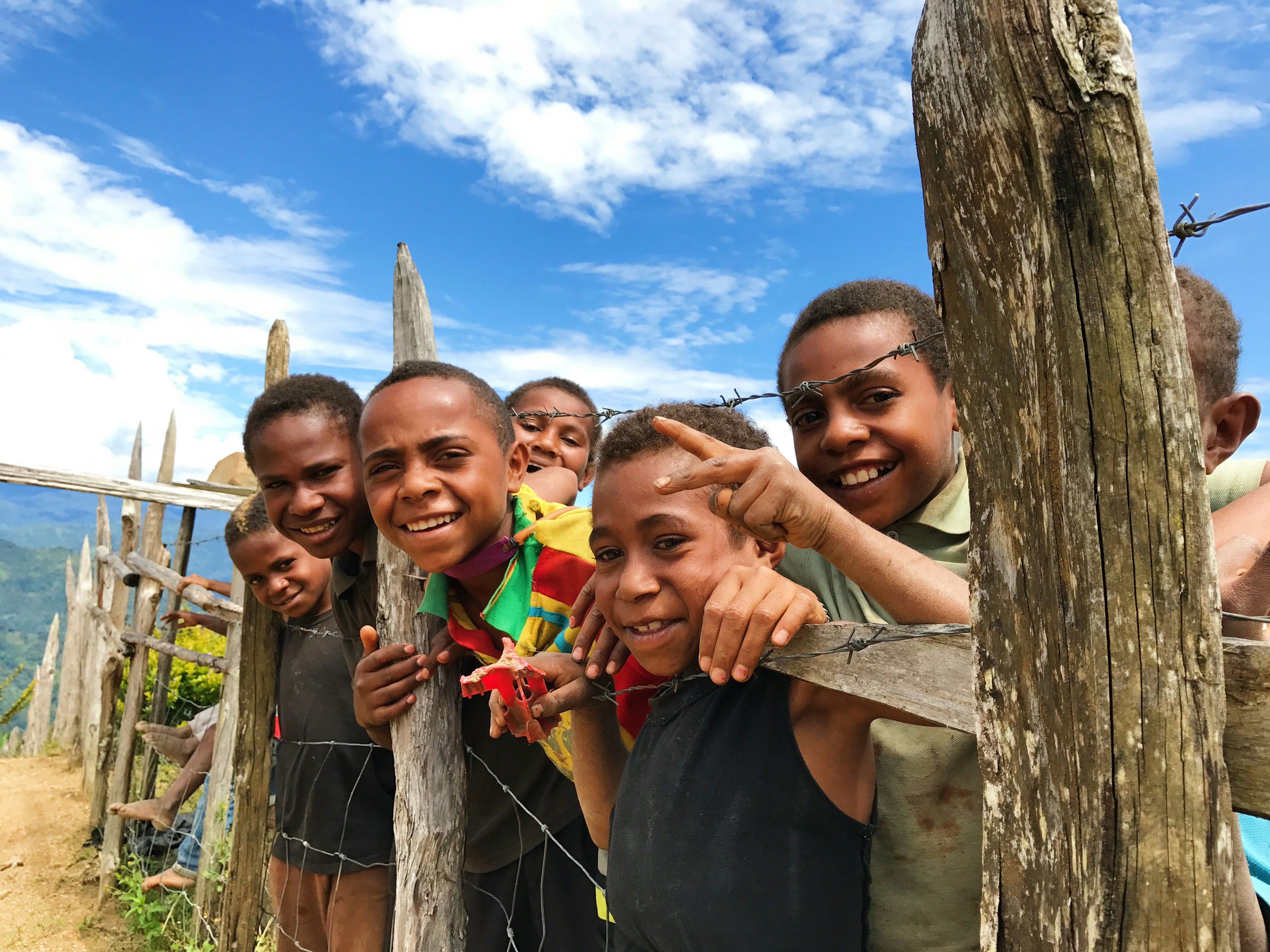
A new campaign has been unveiled aimed at tackling the global crisis of poor-quality medicines and reducing the impacts they have on patients, economies and health systems.
The ‘Medicines We Can Trust’ campaign was announced at this week’s World Health Assembly in Geneva, with the goals of raising awareness of the scope and impact of the problem, bringing together a diverse coalition of partners to address it and safeguarding the quality of essential medicines globally.
The world currently wastes an estimated US$ 30 billion each year on medicines that do not work. This gives false hope to those who take them, fails to protect communities against diseases such as malaria, tuberculosis and cancer, and accelerates the rising threat of antimicrobial resistance.
“When someone takes a medicine, they have a right to expect it to be safe; and they have a right to expect it to work,” said South African broadcast journalist Nikiwe Bikitsha opening the event. “We all need medicines we can trust, to do our jobs and to live our lives. But way too often, that’s not the case.”
The World Health Organization (WHO) recently published new evidence on the poor quality of some medicines around the world1 helping to increase visibility of the problem and generate momentum to address it. But despite the urgency, political recognition has been slow.
“The biggest thing that we need if we are going to confront this issue is political will,” said Mr Michael Deats of the WHO Essential Medicines and Health Products department at WHO. “The window of opportunity exists, and the time is now.”
Holding up a sample of fake malaria pills containing no active ingredient, Mr Deats asserted: “These are the medicines that undermine public trust in medicines and public health systems.”
Initiating the campaign has been led by USP in collaboration with the Asia Pacific Leaders Malaria Initiative (APLMA), the Access to Medicines Foundation, the Mahidol Oxford Tropical Medicine Research Unit (MORU), ReAct Africa and other partners.
APLMA is working to bring the campaign message to medicines regulators in the Asia Pacific because malaria elimination is impossible without access to the right medicines, and of the right quality. Related challenges go beyond health, requiring countries to work together in cooperating with law enforcement agencies, for example.
Evidence points to a link between substandard malaria medicines and the emergence of drug-resistant forms of the disease. As a result, fake or falsified medicines also constitute a regional health security threat.
The Alliance, in partnership with WHO and other partners, facilitates the work of the Regional Regulatory Partnership for Malaria Elimination (RRPME). The RRPME platform highlights the importance of monitoring medicines quality and strengthening regulatory systems throughout Asia Pacific countries. The Fourth RRPME meeting, scheduled on 13–14th of June 2018 in Phnom Penh, Cambodia, will be the next opportunity to generate momentum among regulators in the region.
In response to the emergence of drug-resistant malaria, Cambodia has implemented a number of successful policies and innovative strategies to increase access to quality medicines and address the drivers of resistance. National surveys have confirmed removal of oral artemisinin monotherapy – thought to fuel drug resistance – as well as substantial improvements in ensuring availability of recommended treatment regimens.
Speaking at the ‘Medicines We Can Trust’ event, USP CEO Dr Ronald T. Piervincenzi said: “You have a right to medicines you can trust. And setting and maintaining standards is critical to maintaining a crucial trust in public health systems.”
Take action: You can sign-up here for #MedsWeCanTrust campaign updates.
Or watch a short video of the campaign launch.
1 WHO Global Surveillance and Monitoring System for substandard and falsified medical products. Geneva: World Health Organization; 2017. ( http://www.who.int/medicines/regulation/ssffc/publications/GSMS_Report.pdf?ua=1)
.svg)


.jpg)






